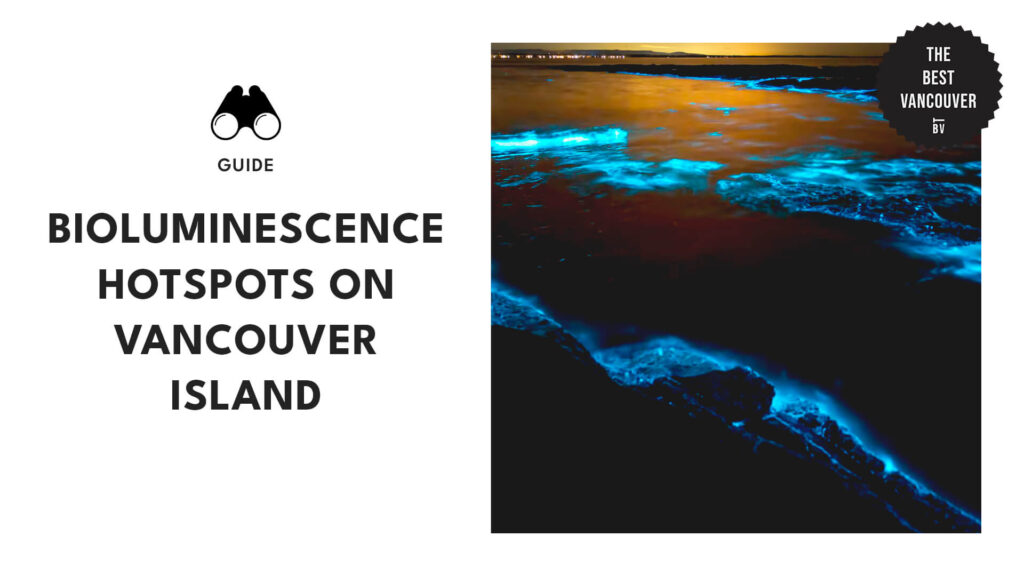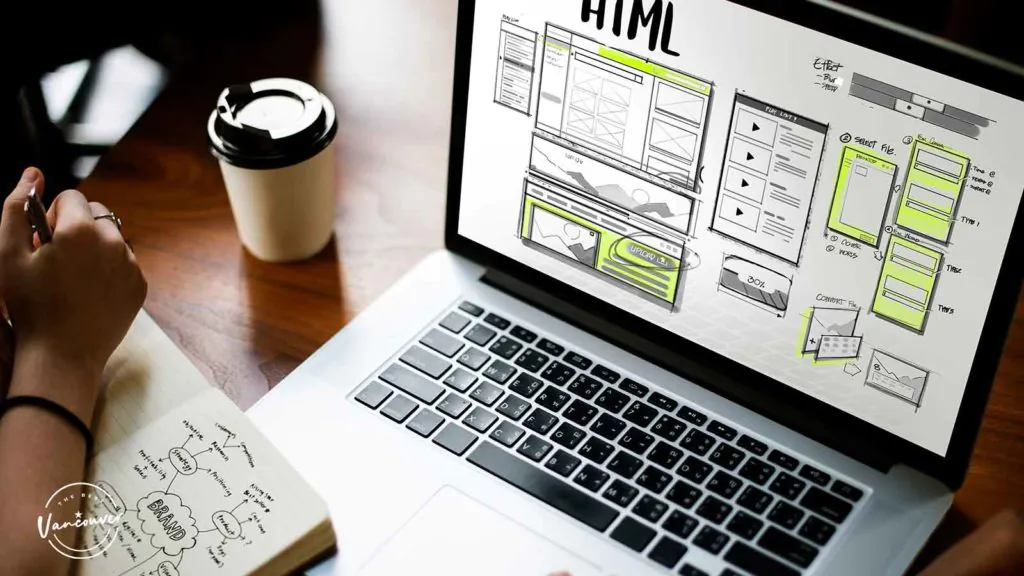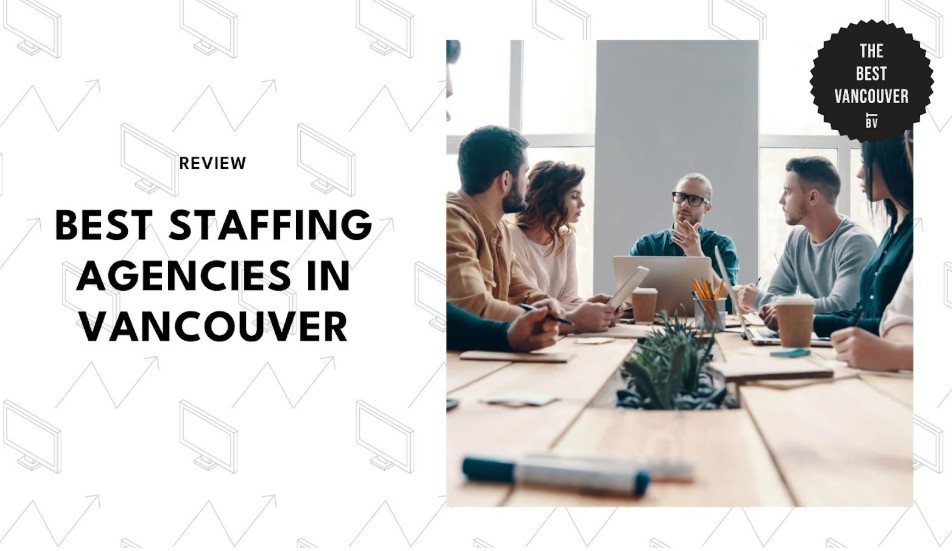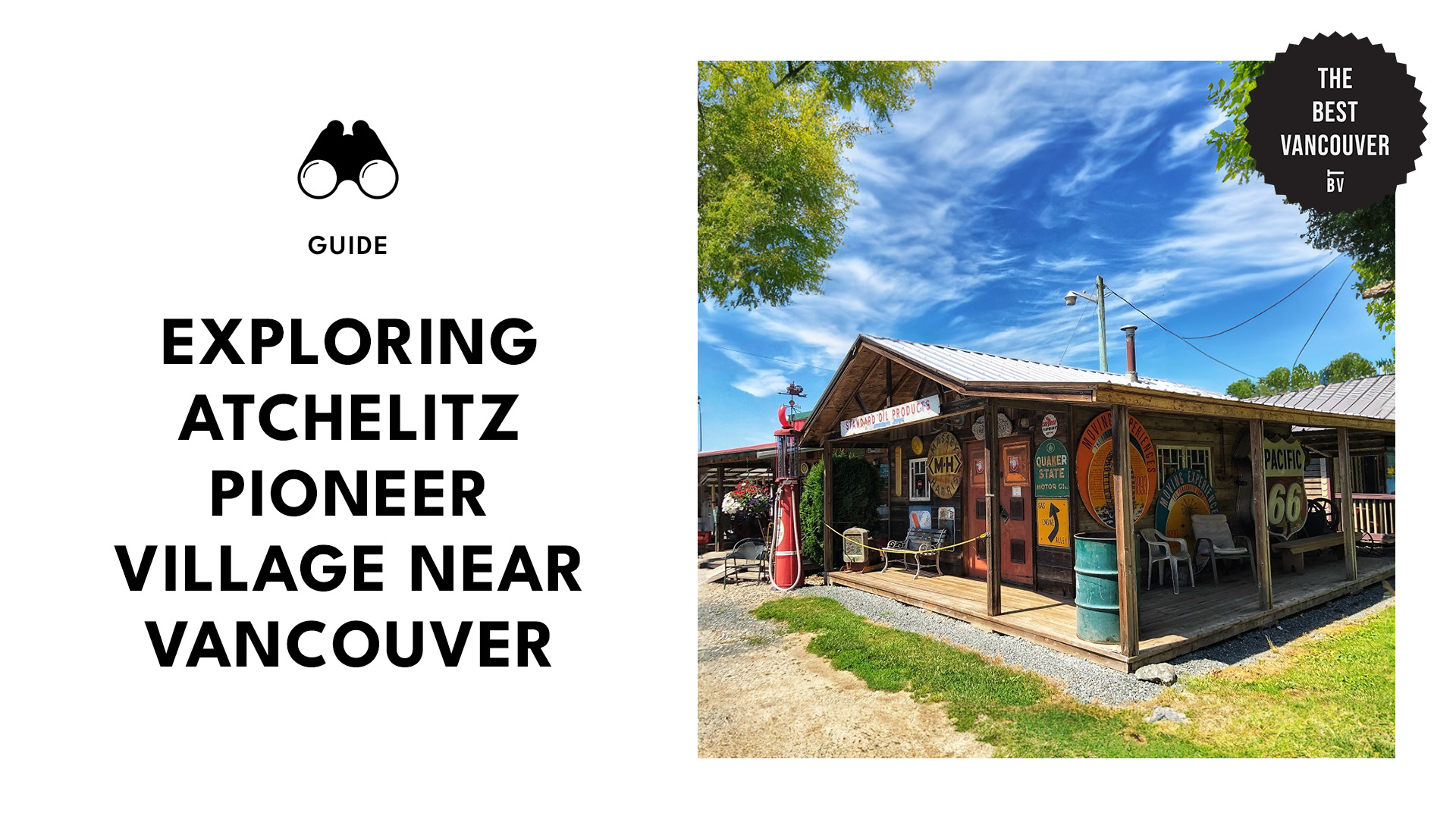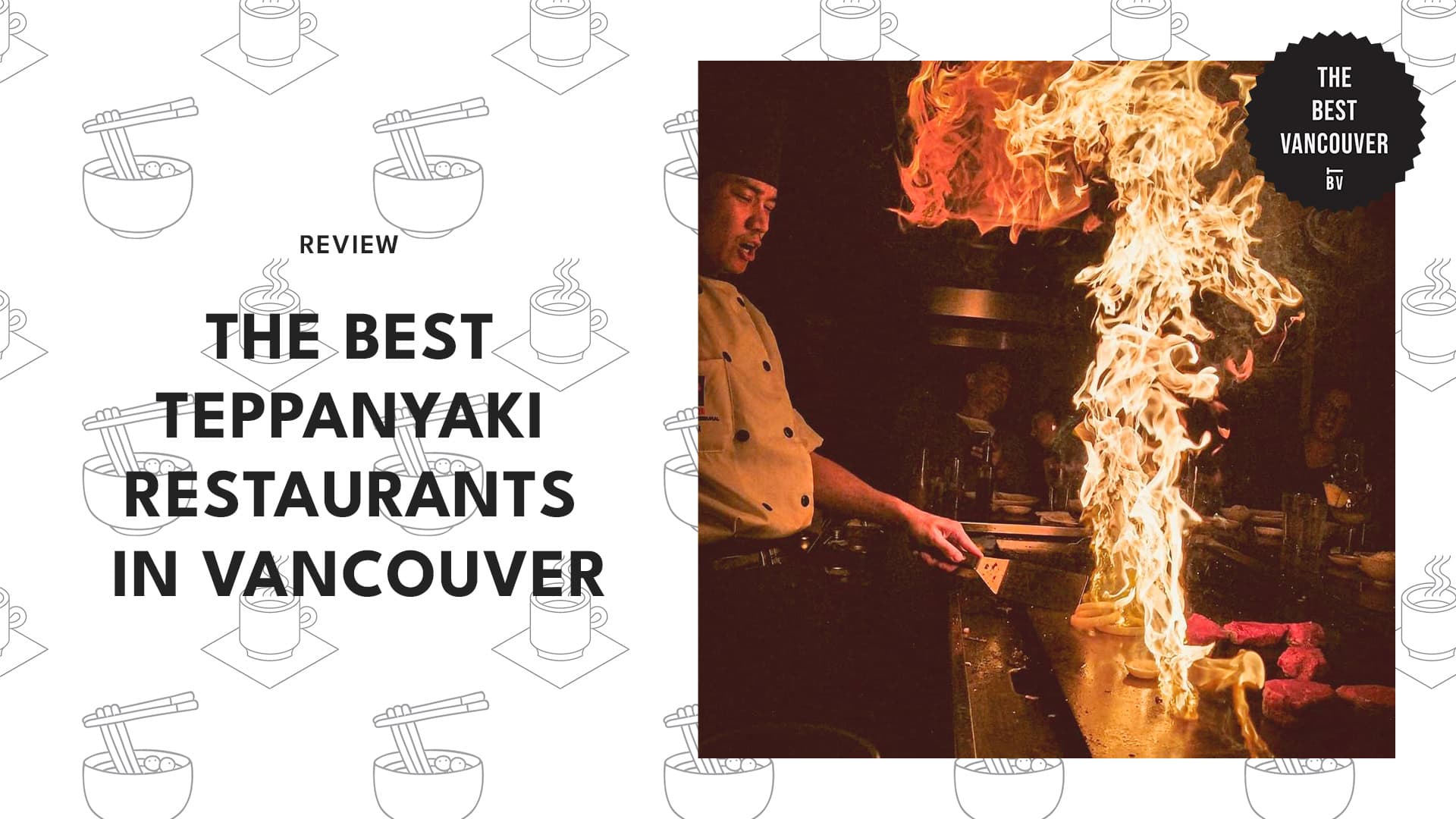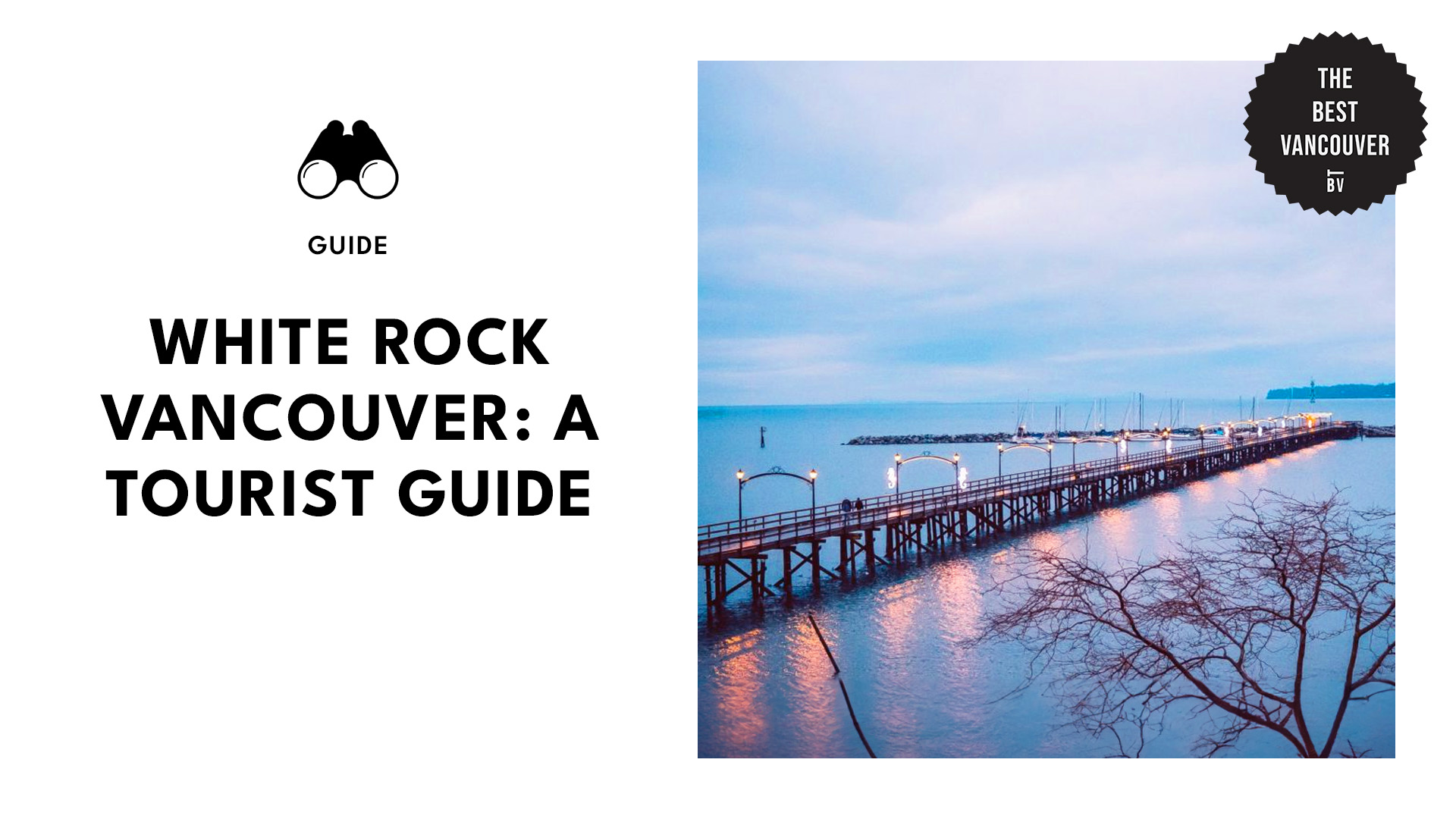Why doesn’t Vancouver have freeways?
Have you ever wondered why Vancouver doesn’t have all those tall highways? Yeah, we’ve all seen the traffic jams during rush hour and wondered why the city council won’t put up some freeways so we can all just get to where we need to go faster.
Well, we got the answer to your question right here. It was truly bugging us so we just had to find out for ourselves!
Why are there no freeways in Vancouver?
Vancouver doesn’t have freeways because of public protests against freeway projects, the overall cost of construction, and the focus on an eco-friendly approach to urban planning.
The city puts a lot of money into public transportation, as well as pedestrian and bike lanes. This plan has also encouraged people to move around the city while reducing carbon emissions.
1. Public Protest
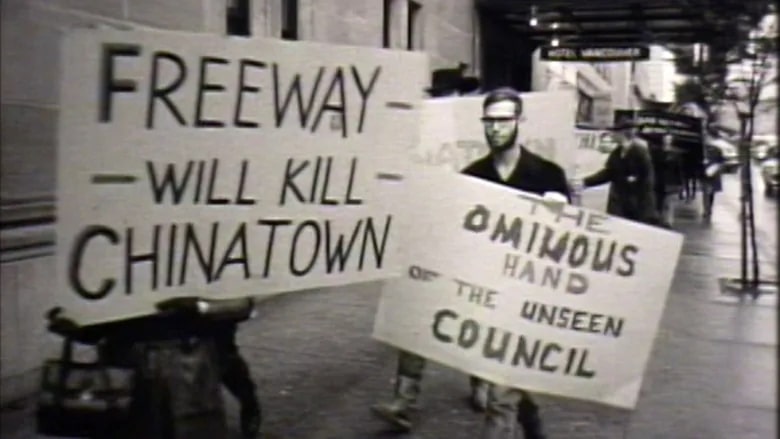
Back in 1968, Vancouver was experiencing all sorts of changes due to its rapidly growing population, so the higher-ups thought that building a freeway to connect downtown Vancouver to the suburbs was a pretty neat idea.
However, not everyone was on board with this plan, which led to a spark of protests of concerned citizens, academics, community leaders, and even some of the city’s officials.
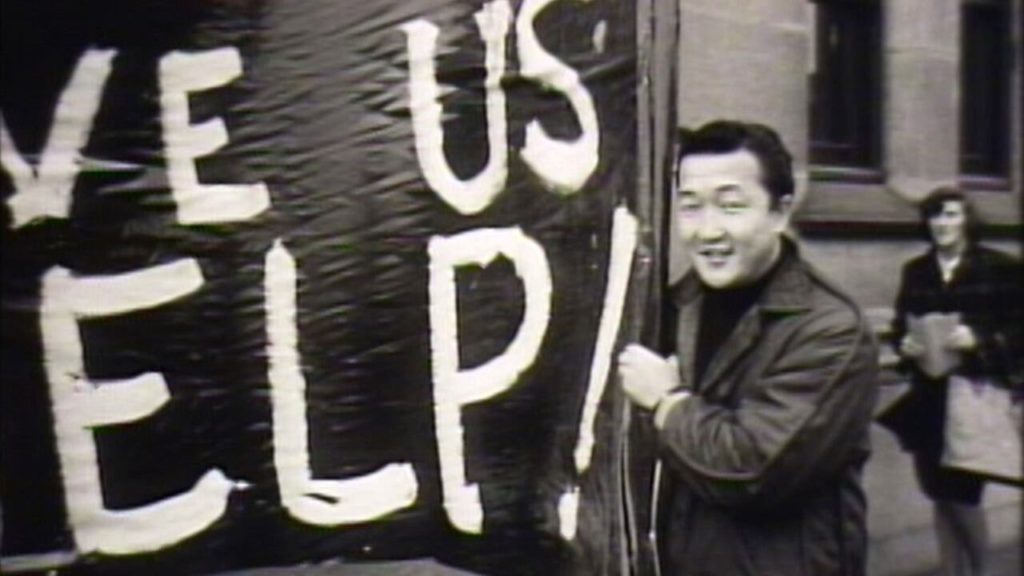
These protestors spoke their truth, stating that the freeway system would only destroy the city’s character by replacing unique neighborhoods with roads and fast cars.
The government has since acknowledged that the freeway system would’ve been a mistake. They needed to prioritize the needs and desires of the people who call Vancouver home, and the project is really just too costly (which we will discuss next).
2. Cost
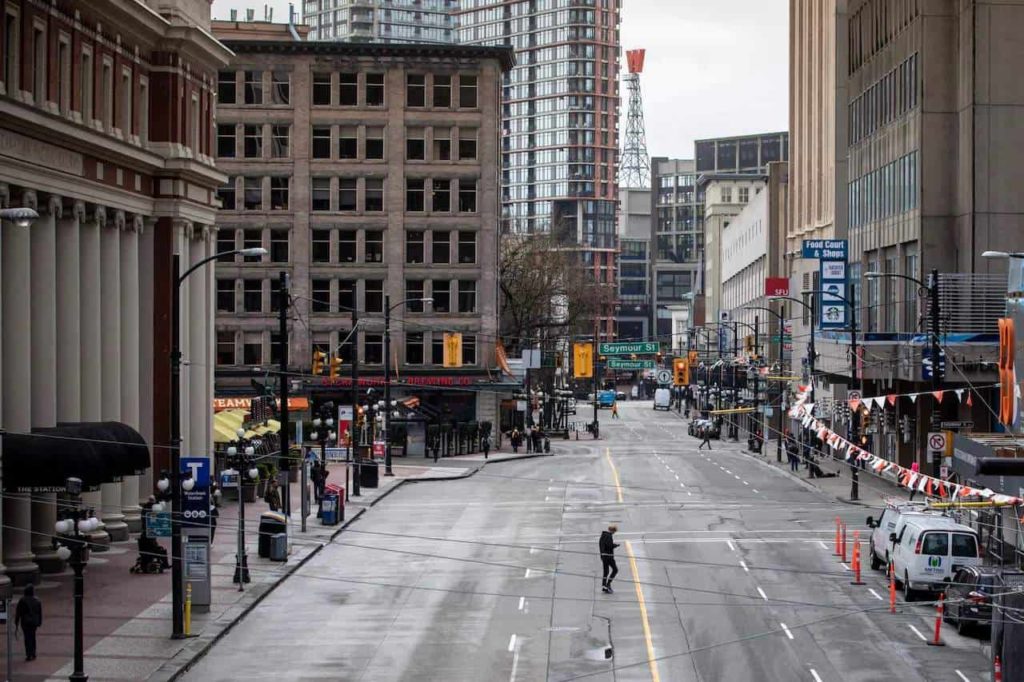
As promised, we will now move on to the topic of how expensive the Vancouver Freeway System would’ve been. It didn’t disappoint as it would’ve cost a staggering CAD 450 million, which is equivalent to almost CAD 4 billion in today’s currency.
That’s almost the cost of Buckingham Palace! That’s a lot of money, let’s just breathe for a second and take that all in.
Okay, now, during the protests, the city’s federal minister for transport and housing, Paul Hellyer, toured the downtown area to help him understand the need for the project.
Afterwards, he froze federal funding for urban renewal! This could be because the project’s price tag shook him to his very core. Or maybe because he realized that it wasn’t worthwhile to demolish so many houses and displace so many people.
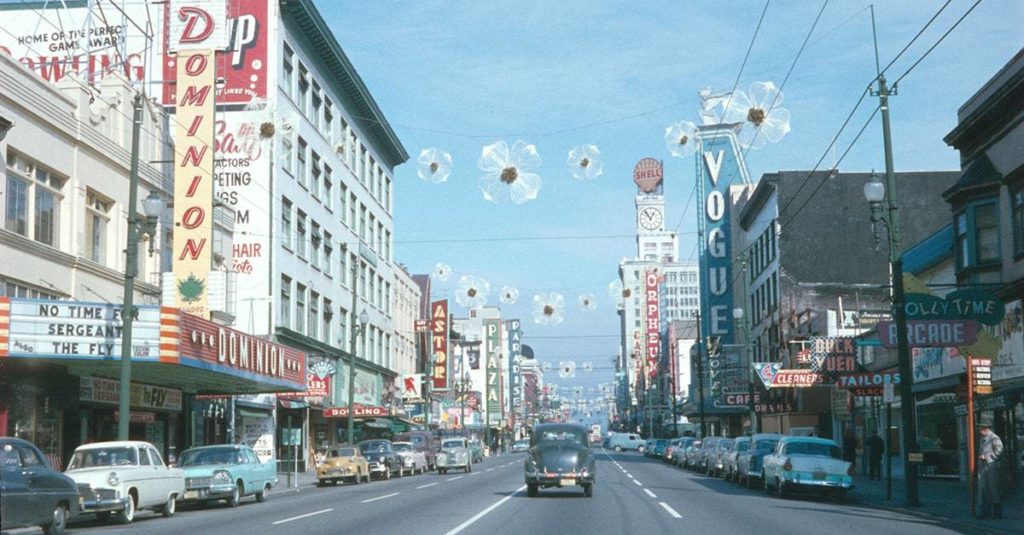
It was also as if faith was siding with the protestors, as the change in council in 1972 was like a match made in heaven.
The new council’s approach was geared towards the preservation of older neighborhoods, so approval for funding at this point is becoming more and more impossible, so the city council decided to let the freeway project die.
3. Eco-Friendly Approach to Urban Planning
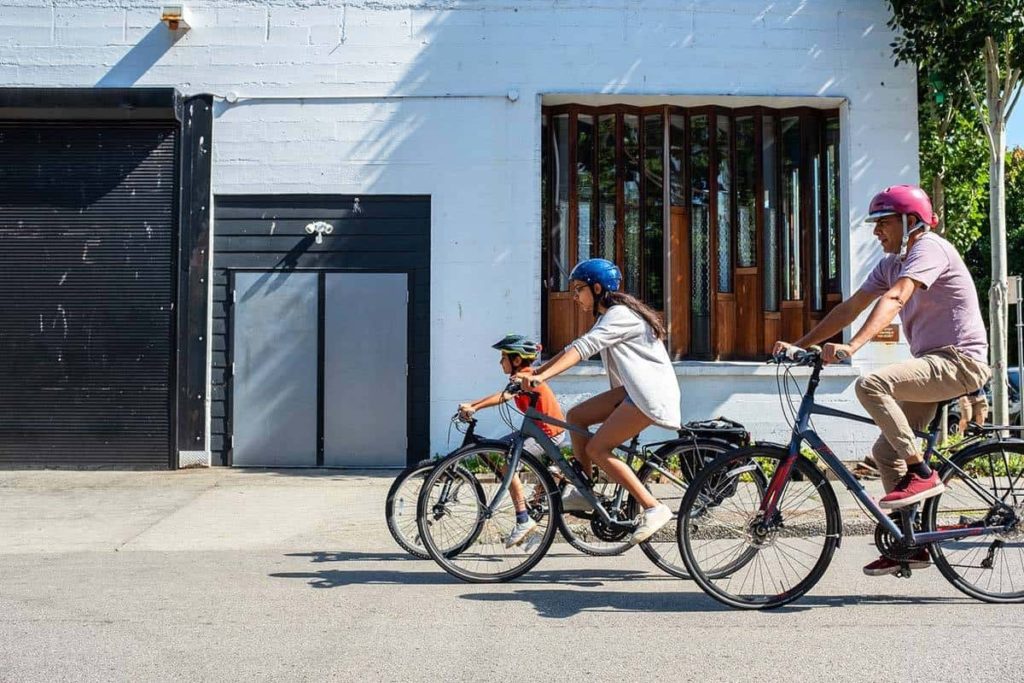
After the freeway project plans fell through, the city of Vancouver decided to focus on an eco-friendly way to plan cities. This is called “Vancouverism.” If you ask us, we kinda dig the term, as it sounds pretty cool and innovative.
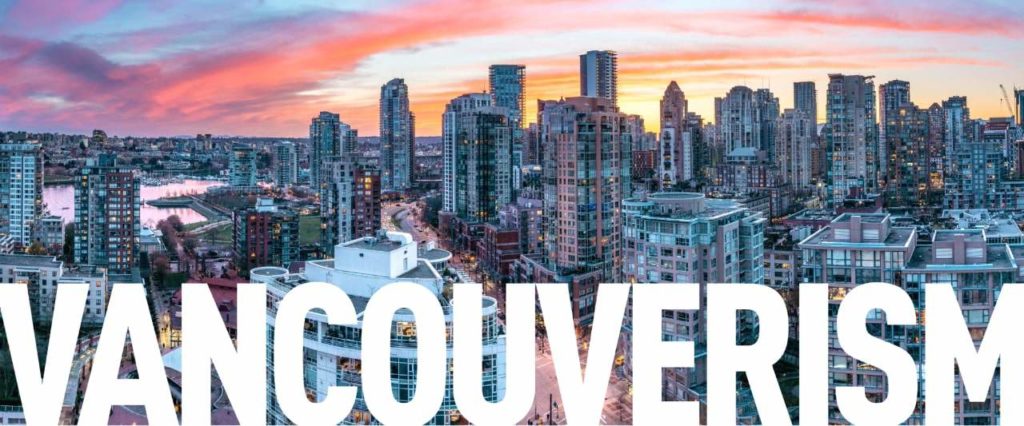
This approach focuses heavily on creating liveable neighborhoods in Vancouver where people can work, relax, and have enough space to move.
Public transit is also a top priority, as are walkable streets, so it’s no wonder that the city has been ranked as one of the best cities to live in North America by Resonance Consultancy.
Although some may view Vancouver’s lack of freeways as a drawback, the city’s commitment to a more pedestrian- and environmentally-friendly form of urban development has helped shape its unique identity.
What is the proposed 1968 Vancouver Freeway System?
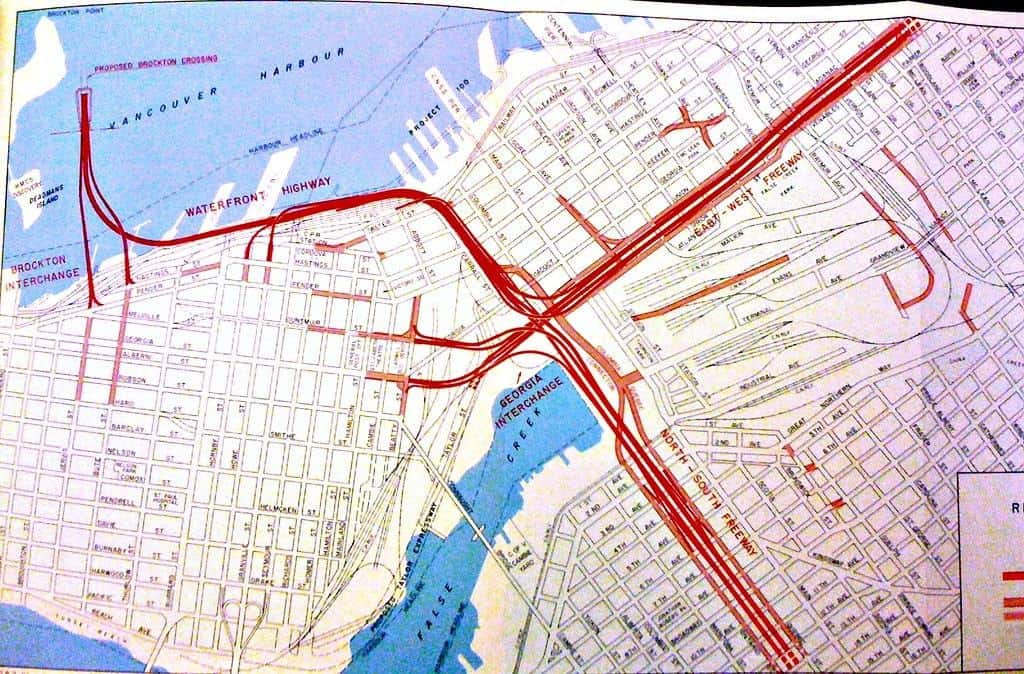
The above image shows the proposed Vancouver Freeway System from 1968. This freeway connects the eastern terminus of the Georgia viaduct with Chinatown, the waterfront, and the Third Crossing at Brockton Point.
These plans envisioned a massive network of freeways that would cut through historic neighborhoods such as Strathcona and Chinatown.
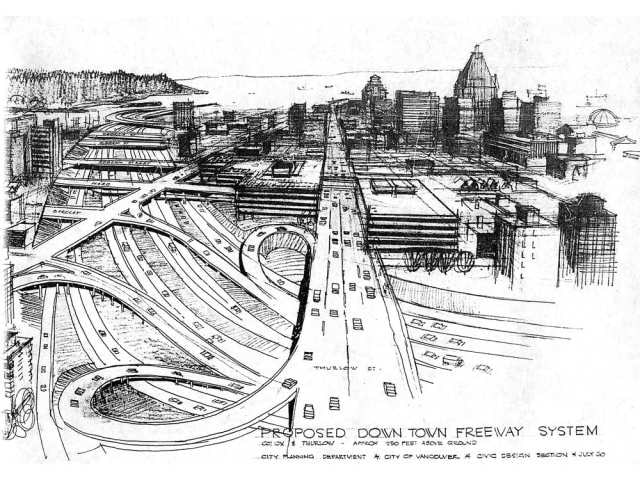
While it would’ve been convenient to have a freeway to speed around the city, the city’s congestion and pollution was considered. This led to abandoning the 1968 Vancouver Freeway System.
